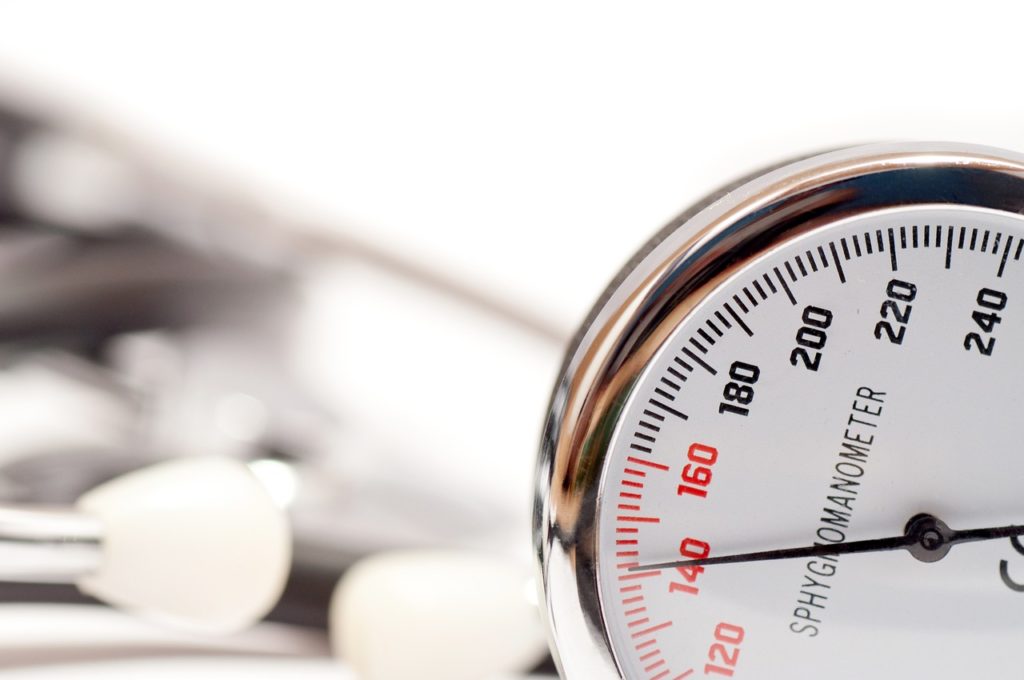
High Blood Pressure
What is blood pressure?
The pressure of your blood against the inner walls of your arteries as it is pumped around the body by your heart is blood pressure.
The flow of blood in your arteries and your blood pressure falls and rises, as your heart pumps, in a regular wave pattern. Blood pressure falls when your heart relaxes (diastole) and peaks when your heart pumps (systole).
Hypertension or high blood pressure can lead to serious health problems, such as a stroke, a heart attack, kidney disease or heart failure.
What is high blood pressure?
Signs and symptoms
There are often no signs or symptoms of high blood pressure, you can feel well and have high blood pressure. That is a reason, why it is important that you have regular blood pressure checks.
The risks of serious problems associated with high blood pressure, increase the following factors:
- smoking
- having high blood cholesterol
- being overweight
- having diabetes.
Diagnosis of high blood pressure
The only way to find out if your blood pressure is high is by checking it regularly by a health professional.
The lower the blood pressure, the better, for most people and what defines high blood pressure, there is no firm rule about. However, the following figures are a useful guide.
- Normal blood pressure: generally less than 120/80 mmHg that is, systolic blood pressure less than 120 and diastolic blood pressure less than 80 mmHg).
- Normal to high blood pressure: between 120/80 and 140/90 mmHg.
- High blood pressure: 140/90 mmHg or higher. If your blood pressure is 180/110 mmHg or higher, you have very high blood pressure.
To confirm whether or not you have high blood pressure, your doctor is likely to measure your blood pressure on several occasions, several times.

High blood pressure treatment
Your lifestyle is very important and your doctor will probably advise you to:
- be smoke-free
- reduce your salt intake
- achieve and maintain a healthy body weight
- limit your alcohol intake to no more than 2 drinks per day for men or 1 drink for women
- undertake regular physical activity.
In order to help lower it, many people with high blood pressure will need to take medication for the long-term. It is important to take any blood pressure medicine exactly as prescribed. Do not change the dose or stop taking it, without talking to your doctor first.
Managing high blood pressure
To reduce your risk of coronary heart disease and manage your blood pressure, there are several ways that can help you.
The higher your risk, the more often your blood pressure have to be checked, as part of an assessment of your overall risk of heart, blood vessel disease and stroke.
What about salt?
One of the main causes of high blood pressure is eating too much salt.
Most of the salt we eat isn’t added at the table; it’s hidden in processed foods we eat every day like breakfast cereals, pasta sauces, canned food and bread.
Choose products reduced in salt or low in salt.
